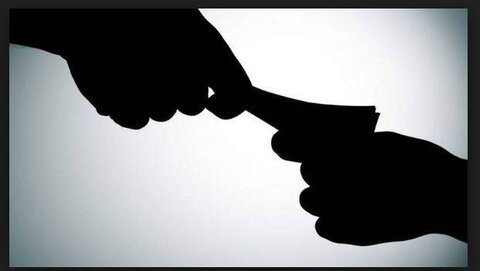Hawzah News Agency – There are many unlawful transactions; some of them are as follows:
- buying and selling intoxicating drinks, non-hunting dogs, pigs, and – based on obligatory precaution (al-iḥtiyāṭ al-wājib) – impure (najis) carcasses. Apart from these, buying and selling an intrinsic impurity (ʿayn al-najāsah) is permitted if it is for some significant and lawful use, such as buying and selling impure animal waste for use as fertilizers;
- buying and selling usurped (ghaṣbī) property, if this necessitates having disposal over it, such as handing it over and taking possession of it;
- transactions with money that is no longer legal tender or with counterfeit money, if the other party is unaware of this; but if he is aware, the transaction is permitted;
- transactions of unlawful objects; that is, things that have been made in a form that is usually utilized in an unlawful manner and its value is due to its unlawful utilization, such as idols, crucifixes, gambling implements, and instruments of unlawful entertainment;
- transactions in which there is deceit. The most noble Messenger (Ṣ) said, ‘One who deceives Muslims in his transactions is not one of us; Allah takes away the blessing of his sustenance, closes the path of his livelihood, and leaves him to himself.’ Deceit can take place in different ways, such as:
a. mixing a good item with a bad one or with something else; for example, mixing milk with water;
b. making an item appear better than it really is; for example, spraying water onto old vegetables to make them appear fresh;
c. feigning an item as something else; for example, gold-plating an item without informing the buyer [that it is not solid gold];
d. concealing a defect in an item when a buyer trusts the seller to not conceal defects.
Source: https://www.sistani.org/english/book/48/

